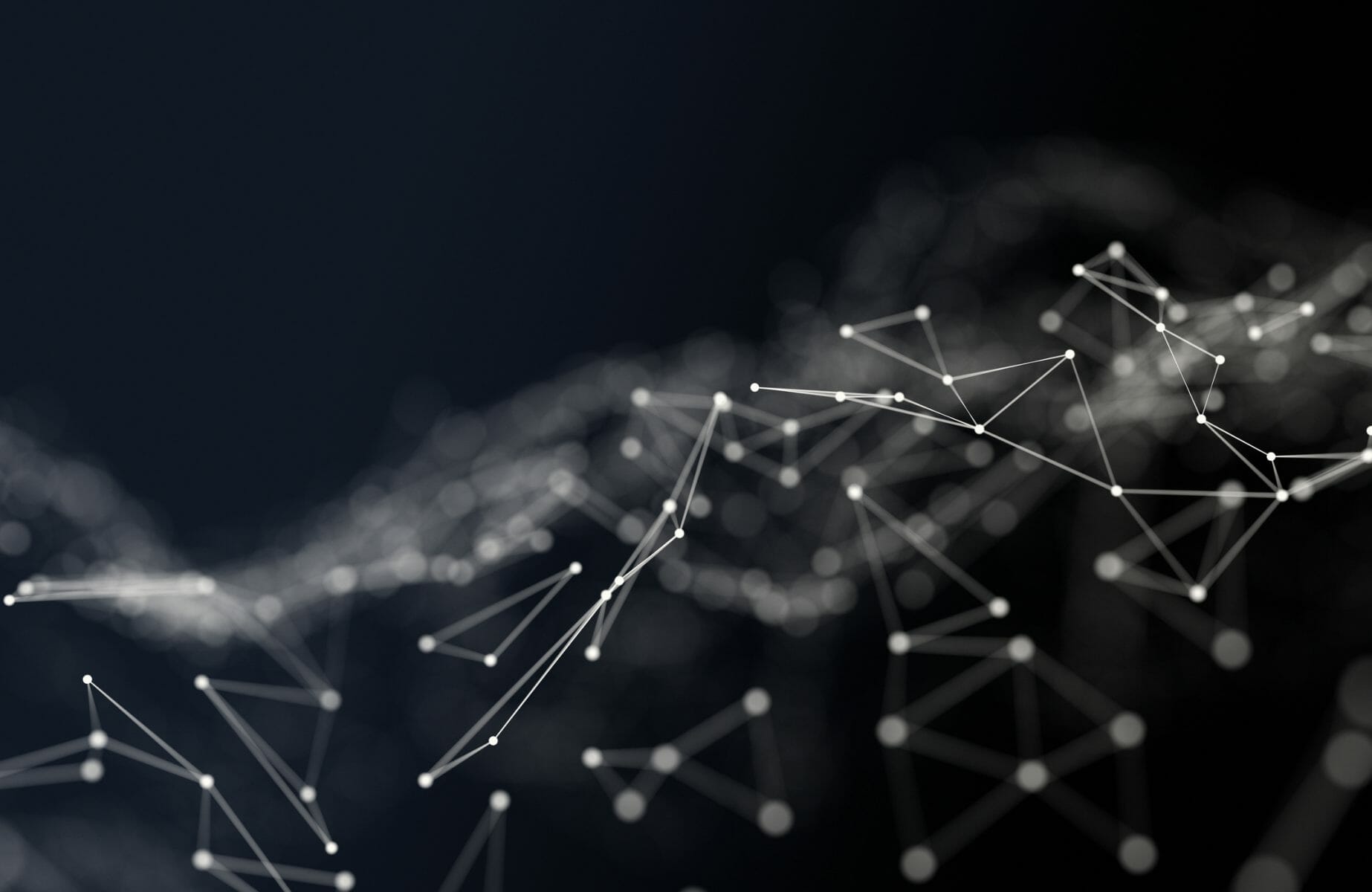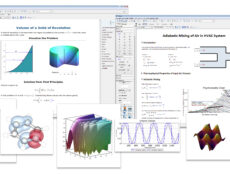
Developments in artificial intelligence (AI) technology have already begun to revolutionize countless fields. Education is no exception.
Tom Vander Ark recently authored a report, “Ask About AI: The Future of Work and Learning” and released it via Getting Smart, the digital consulting firm he started.
“You’ve seen the warning on your rear-view mirror,” Ark writes, “’Objects in the mirror are closer than they appear.’ Only now it’s true for stuff in the windshield, too—exponential technology means the future is approaching more rapidly than it used to.”
The following mark five important takeaways on how AI will change the face, skeleton, and inner organs of education.
When it Comes to AI, Education Is Behind
Compared to other industries where advanced deep learning algorithms operate to perform numerous tasks, education has yet to implement AI to the same degree. There are several reasons for this.
First, education marks a diverse and varied field. One size will not fit all. Within a given school district, different institutions and levels of education will likely have different learning management systems (LMS), different online resources, and different technology in each classroom.
So far, AI has proven to be an effective grader of tests. Algorithms have been used to evaluate written responses and even grade essays to the same effect as human teachers.
In the field of tutoring, AI is expected to make huge advances in the short-term future. AI bots have proven effective in teaching young learners elementary math. Some even predict AI bots will replace tutors altogether.
Some districts have begun to streamline their LMS in meaningful ways. The state of Utah, for example, employs the same LMS for all public schools K-12. In Wyoming, they use one LMS for all public education K-20.
Platforms Are Here to Stay
While many technological developments have been difficult or costly to use in a classroom setting, digital, online (probably cloud-based) platforms have proven to be effective tools to aid in instruction in several different ways.
Ark quotes Sangeet Choudary, who co-wrote Platform Revolution: “A platform is a business based on enabling value-creating interactions between external producers and consumers.” According to Choudary, platforms are indispensable in the personalization of learning.

They excel in creating matches and connections between learners and instructors. AI technology promises to streamline these interactions even further. The more students use them, the more the AI algorithms will learn about student behavior, and this knowledge will help them address learner’s needs going forward.
According to the authors of Platform Revolution, platforms tend to be effective aids in any fragmented, yet information-intensive fields. In other words, “Education is perhaps the prime example of a major industry that is ripe for platform disruption.”
AI Will Change Pedagogies and Learning Strategies
As bots enter the classroom, both teachers and learners will have to reflect on their uses and outcomes. They will need to adopt an awareness of AI’s presence. Teachers must recognize AI’s short comings, such as inherently developing biases and its inability to process human emotions.
Going further, as various fields and technology continues to develop, students will need to accept that learning is a lifelong process. The subdivided lifestyle—where learners go to school as children and young adults, and obtain static employment based on their education—will not be an option in the AI-dominated workscape of the future.
Teachers Must Shift Their Energies to Material Which AI Cannot Teach
While AI will become indispensable in teaching black and white subjects, mostly in STEM fields, most believe that they will never be able to replace some aspects of what humans learn from other humans. This includes much of the humanities, although AI will probably integrate into these fields as well. But more importantly, teachers will need to focus on a curriculum with greater amounts social and emotional instruction. As the task of AI bots becomes cheaper, the value of human judgment and skills will greatly increase.
Social and emotional learning is defined as “a combination of self-management, self- and social awareness, relationship skills and responsible decision-making.”
The Future Is Exciting; The Future Is Scary
The attempt to understand the changes that AI will bring about is difficult enough. But according to Tim Urban, of Wait But Why writes that “in order to think about the future correctly, you need to imagine things moving at a much faster rate than they’re moving now.” In other words, there are known knowns and unknown unknowns. The latter may well far exceed the former.









No Comments